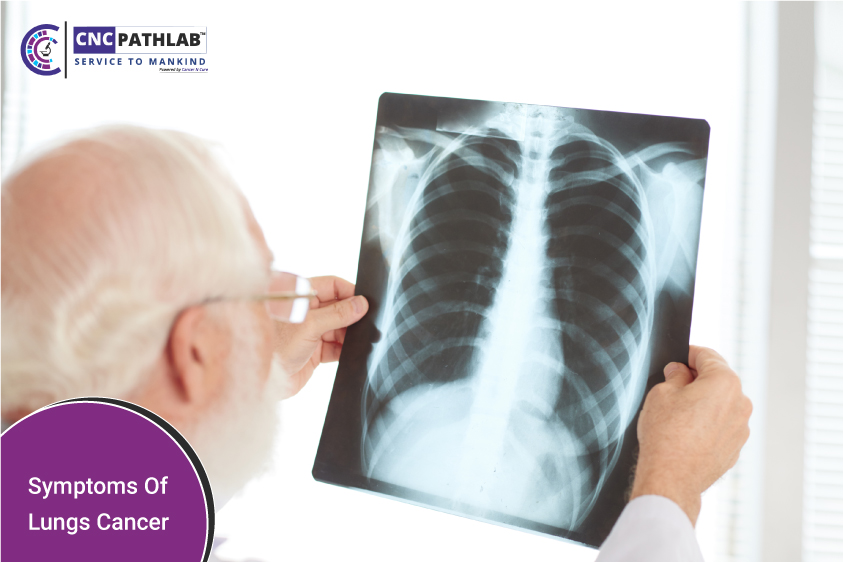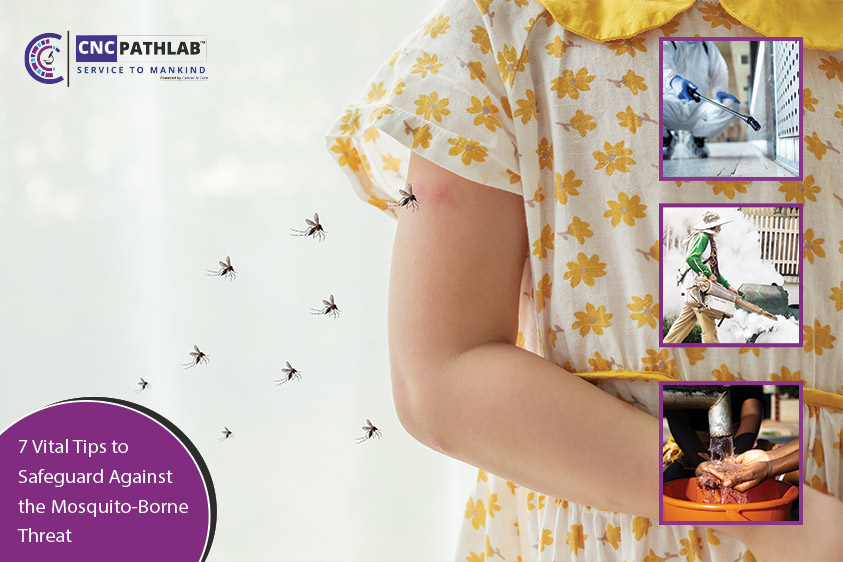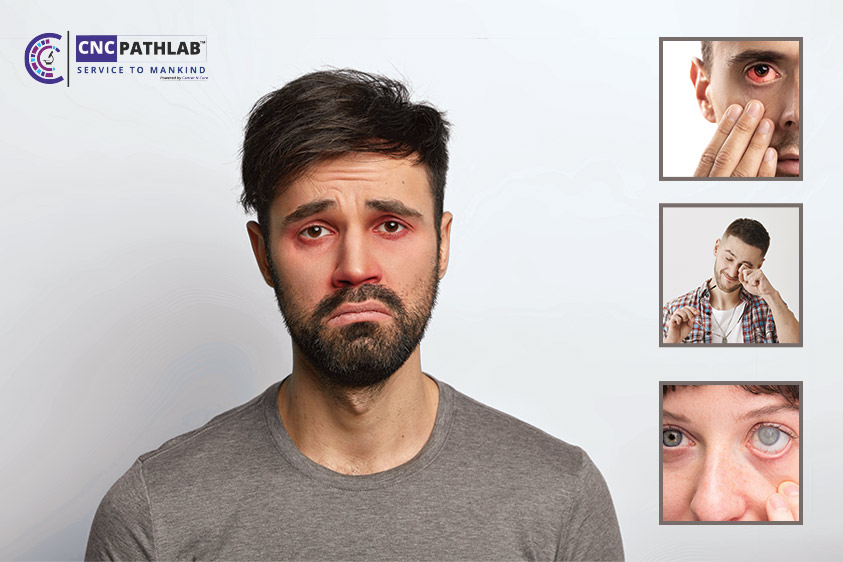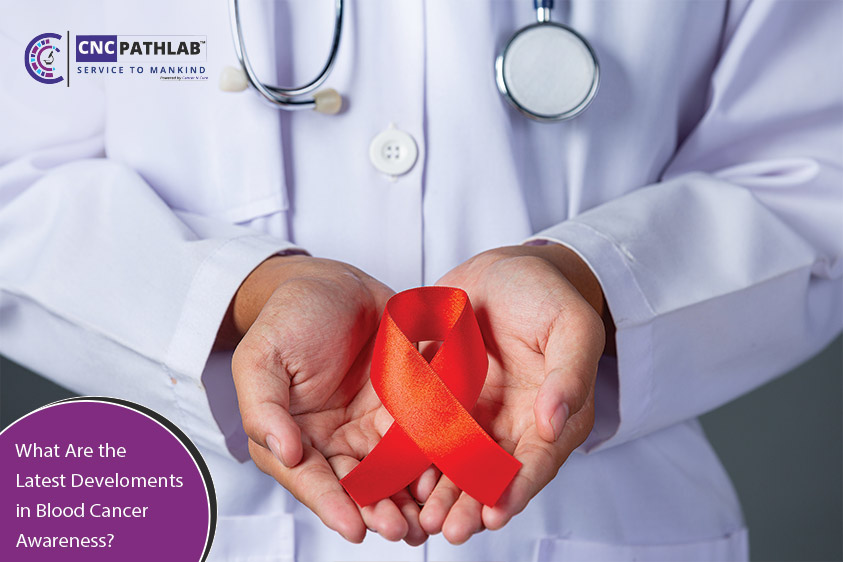How to Detect Lung Cancer | Lung Cancer Tests
Lungs Cancer
Lung cancer is a type of cancer that begins in the lungs. Your lungs are two spongy organs in your chest that take in oxygen when you inhale and release carbon dioxide when you exhale.
Lung cancer is the leading cause of cancer deaths worldwide. People who smoke have the greatest risk of lung cancer test, though lung cancer can also occur in people who have never smoked. The risk of lung cancer increases with the length of time and number of cigarettes you’ve smoked. If you quit smoking, even after smoking for many years, you can significantly reduce your chances of developing lung cancer. Lung cancer is the third most common cancer. It’s caused by harmful cells in your lungs growing unchecked.
Lung cancer is a disease caused by uncontrolled cell division in your lungs. Your cells divide and make more copies of themselves as a part of their normal function. But sometimes, they get changes (mutations) that cause them to keep making more of themselves when they shouldn’t. Damaged cells dividing uncontrollably create masses, or tumours, of tissue that eventually keep your organs from working properly.
Symptoms Of Lungs Cancer
Lung cancer symptoms typically doesn’t cause signs and symptoms in its earliest stages. Signs and symptoms of lung cancer typically occur when the disease is advanced. Most lung cancer symptoms look similar to other, less serious illnesses. Many people don’t have symptoms until the disease is advanced, but some people have symptoms in the early stages. Signs and symptoms of lung cancer may include:
- A new cough that doesn't go away
- Coughing up blood, even a small amount
- Shortness of breath or trouble breathing
- Chest pain or discomfort
- Hoarseness
- Wheezing
- Losing weight without trying
- Bone pain
- Headache
- Loss of appetite
- Swelling in the face, neck, arms or upper chest
- Small pupil and drooping eyelid in one eye with little or no sweating on that side of your face
A cough or pneumonia that keeps coming back after treatment can sometimes be an early sign of lung cancer (though it can also be a sign of less serious conditions). The most common signs of lung cancer include a persistent or worsening cough, shortness of breath, chest pain, hoarseness or unexplained weight loss.
Smoking causes the majority of lung cancers — both in smokers and in people exposed to second-hand smoke. But lung cancer also occurs in people who never smoked and in those who never had prolonged exposure to second-hand smoke. In these cases, there may be no clear cause of lung cancer.
Types of lung cancer
Doctors divide lung cancer into two major types based on the appearance of lung cancer cells under the microscope. Your doctor makes treatment decisions based on which major type of lung cancer you have.
The two general types of lung cancer include:
- Small cell lung cancer. Small cell lung cancer occurs almost exclusively in heavy smokers and is less common than non-small cell lung cancer.
- Non-small cell lung cancer. Non-small cell lung cancer is an umbrella term for several types of lung cancers. Non-small cell lung cancers include squamous cell carcinoma, adenocarcinoma and large cell carcinoma.
Other types of cancer can start in or around your lungs, including lymphomas (cancer in your lymph nodes), sarcomas (cancer in your bones or soft tissue) and pleural mesothelioma (cancer in the lining of your lungs). These are treated differently and usually aren’t referred to as lung cancer.
Prevention
There’s no sure way to prevent lung cancer, but you can reduce your risk if you:
- Don’t smoke. If you’ve never smoked, don’t start. Talk to your children about not smoking so that they can understand how to avoid this major risk factor for lung cancer.
- Test your home for radon. Have the radon levels in your home checked, especially if you live in an area where radon is known to be a problem. High radon levels can be remedied to make your home safer.
- Avoid second-hand smoke. If you live or work with a smoker, urge him or her to quit. At the very least, ask him or her to smoke outside. Avoid areas where people smoke, such as bars and restaurants, and seek out smoke-free options.
- Eat a diet full of fruits and vegetables. Choose a healthy diet with a variety of fruits and vegetables. Food sources of vitamins and nutrients are best. Avoid taking large doses of vitamins in pill form, as they may be harmful.
- Exercise most days of the week. If you don’t exercise regularly, start out slowly. Try to exercise most days of the week.
- Avoid carcinogens at work. Take precautions to protect yourself from exposure to toxic chemicals at work. Follow your employer’s precautions. For instance, if you’re given a face mask for protection, always wear it. Ask your doctor what more you can do to protect yourself at work.
Treatments include surgery, chemotherapy, immunotherapy, radiation and targeted drugs. Screening is recommended if you’re at high risk. Advances in treatments have caused a significant decline in lung cancer deaths in recent years.
The only recommended screening test for lung cancer is low-dose computed tomography (also called a low-dose CT scan, or LDCT). During an LDCT scan, you lie on a table and an X-ray machine uses a low dose (amount) of radiation to make detailed images of your lungs. The scan only takes a few minutes and is not painful.
Preventive full body checkup in Delhi , all blood tests including dengue test, chikungunya test, complete hemogram (CBC) Liver function test (LFT), blood sugar, kidney function test (KFT), lipid profile Thyroid Profile, glucose, Vitamins profile, Liver Test, Lipid Profile Test, Glucose, Urine Routine, Kidney Function Test (KFT), Iron Studies, Calcium, Serum, ESR, RA, CRP and all test you need.
You can also search for Covid test near me, pathology near me, RTPCR near me or blood test lab near me so that you can get all the benefits of diagnostic centre and pathology lab in the comfort of your home.


.jpg)


.jpg)
